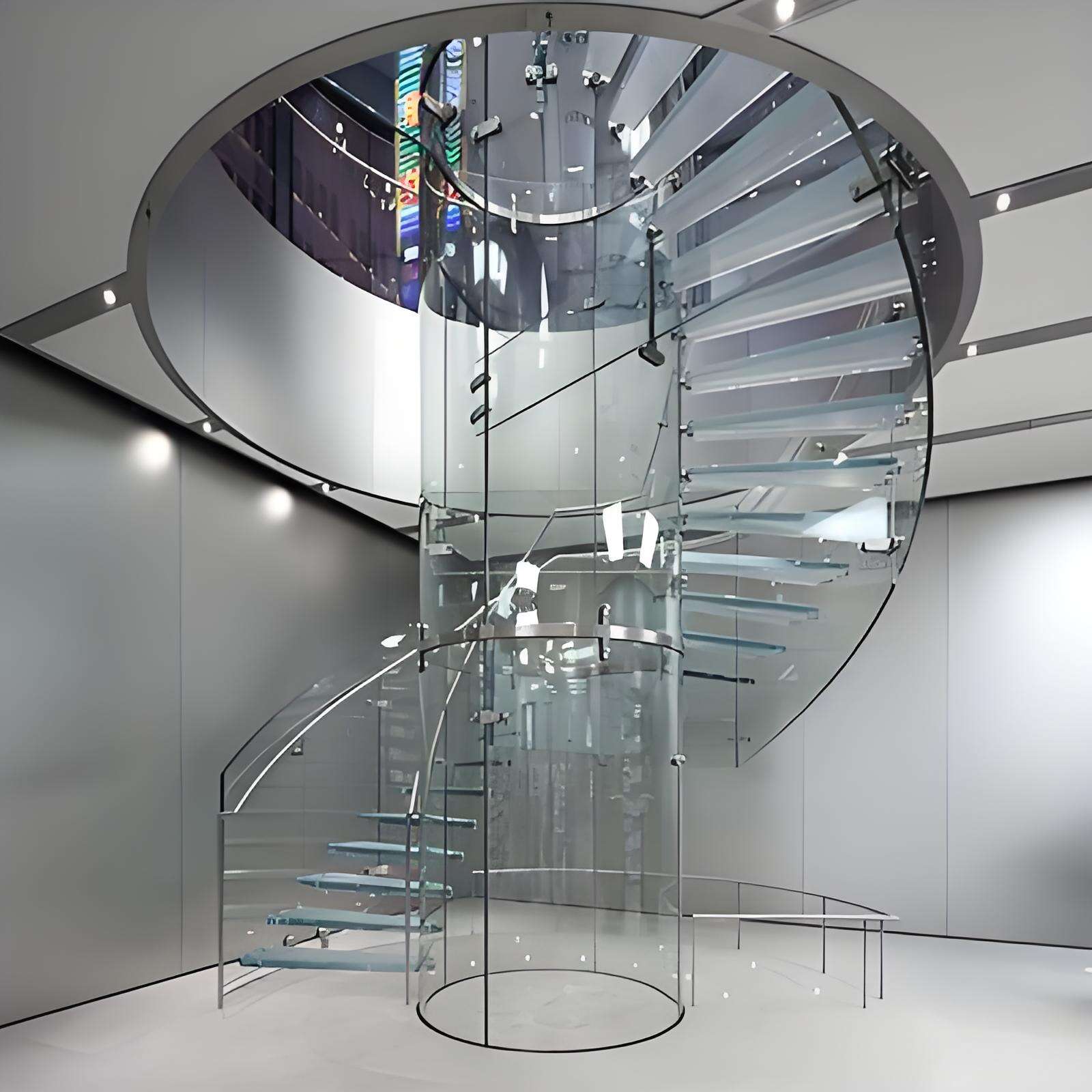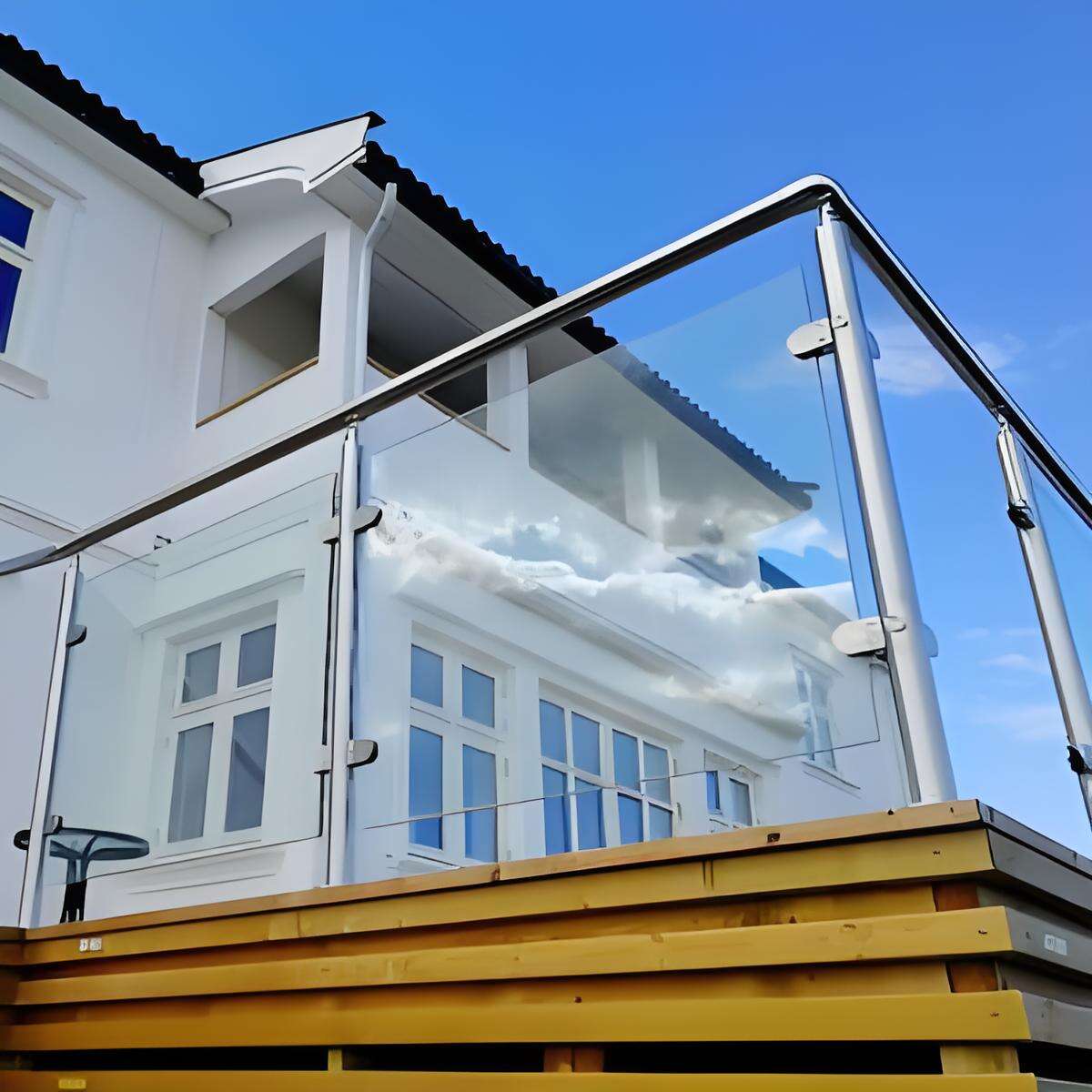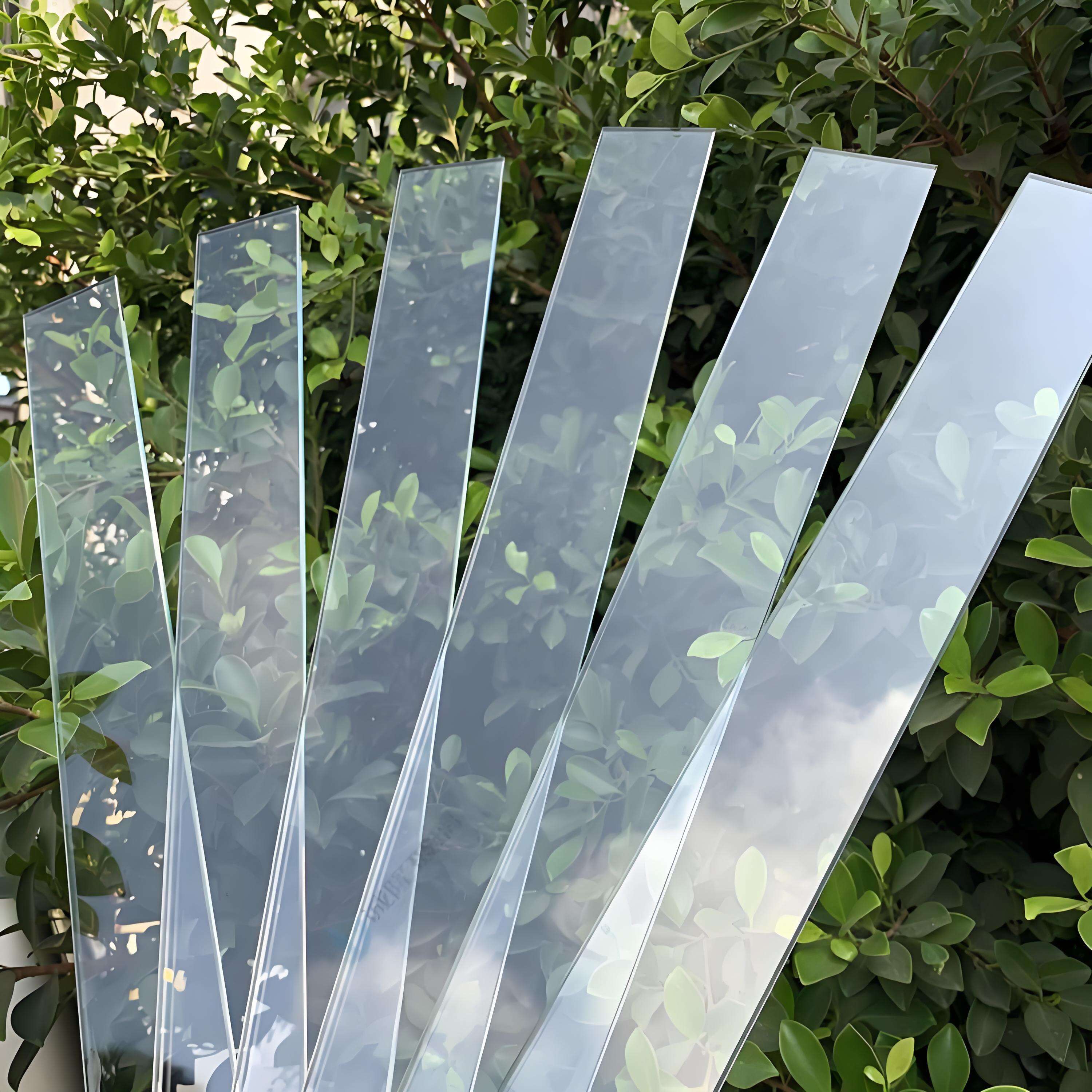glass block cost
Glass block cost varies significantly based on several factors, making it essential for consumers to understand the pricing structure. These decorative and functional building materials typically range from $5 to $30 per block, with installation costs adding approximately $20 to $60 per square foot. The final price depends on factors such as block size, pattern, clarity, and special features like thermal insulation or sound dampening properties. Standard sizes range from 6x6 inches to 8x8 inches, with specialty sizes available for specific applications. The technology behind modern glass blocks has evolved to include energy-efficient options with improved insulation values, UV protection, and various textures that provide different levels of privacy. These blocks serve multiple purposes in both residential and commercial construction, from creating stunning accent walls to providing natural light in bathrooms and basements. The manufacturing process involves molding two halves of glass and fusing them together, creating an air-tight seal that contributes to their insulating properties. Installation methods have also advanced, with newer systems offering more streamlined approaches that can help reduce overall project costs.


